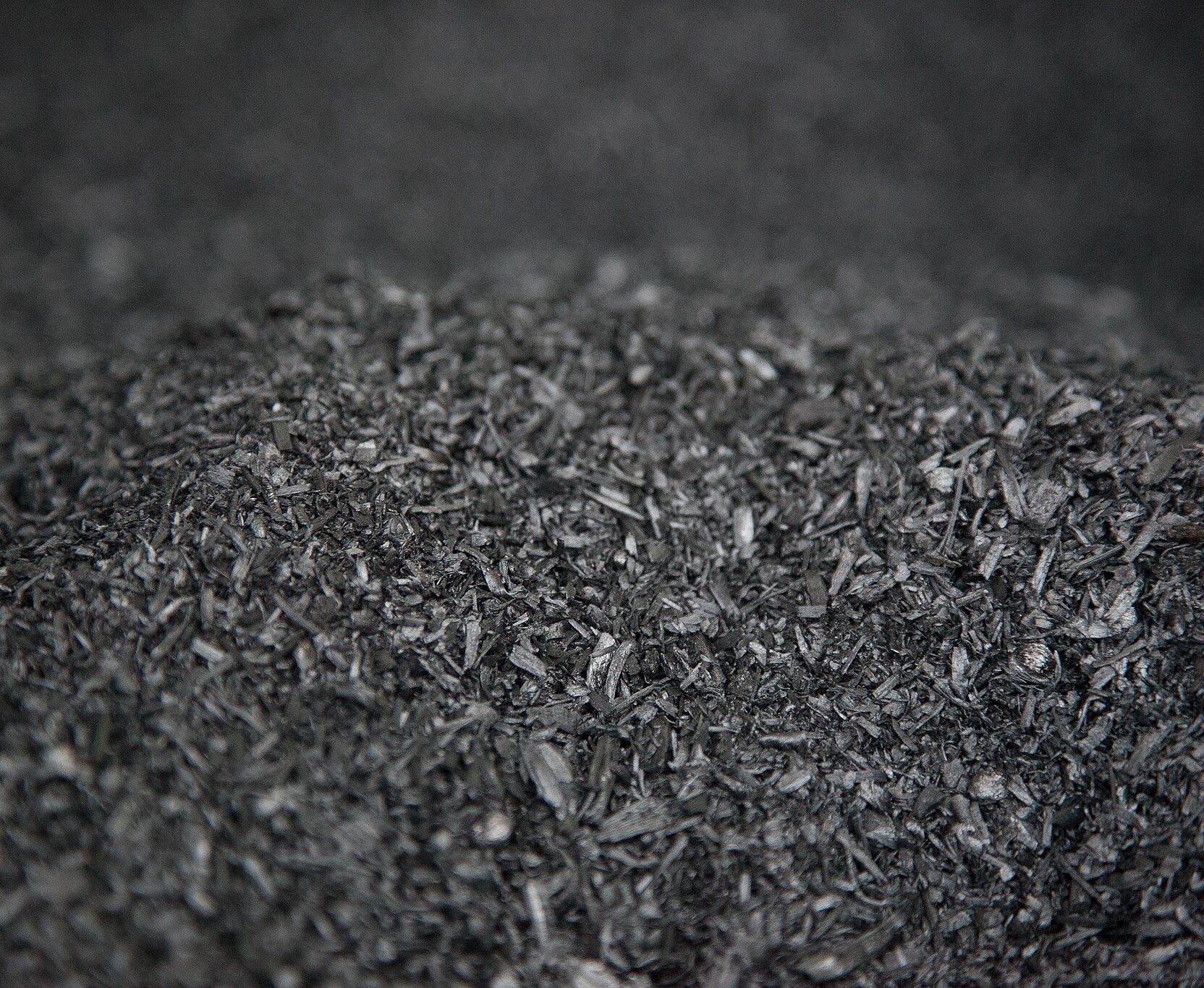Share:
Biochar CDR is booming — Here’s how the right consultant turns opportunity into impact.
By 2050 it’s estimated that the world will need to remove 7-9 Gt of CO₂ every single year to stay on a 1.5 °C pathway. As biochar carbon removal consultants, we’re seeing how this rapidly growing sector is becoming a cornerstone of durable carbon removal strategies. Among the many CDR pathways competing for early-stage capital, biochar has emerged as the breakout star: it supplied 86 % of all durable-CDR purchases in 2024 thanks to its relatively low cost, immediate scalability and centuries-long carbon storage.

In May 2025 Microsoft inked the largest biochar deal to date (1.24 million tCO₂e over 10 years), building on previous multi-million-dollar offtakes in previous years. Similar long-term offtakes by Stripe, Shopify and JPMorgan are locking in supply years in advance, driving demand for high-quality projects and the expertise to deliver them.
The market sentiment is moving up and to the right with analysts at the World Economic Forum comparing biochar offtakes to early renewable-energy PPAs, forecasting rapid price discovery and contract standardisation. BCG expects 6-10 Gt of residual emissions to require CDR annually by 2050, underscoring the long-term demand ceiling.
Meanwhile, corporates are moving from one-off purchases to multi-year offtake agreements, a trend that rewards proactive developers with bankable MRV and strong ESG narratives.
What goes into creating a Biochar project?
While biochar shares some foundational carbon-project principles with other offset projects, its science, technology stack and crediting rules introduce an extra layer of nuance. Every carbon project has quirks, of course but today we’re zeroing in on the ones that matter for biochar.
Below is a streamlined roadmap of the six top-line stages a project developer will typically work through. A biochar carbon removal consultant supports each of these stages, from feasibility to credit issuance. Each stage hides a deep list of technical tasks that we support our clients with, stakeholder engagement and documentation. If you’d like to dig into any part of the process, you can get in touch with us and we’d be happy to discuss further.
- Feedstock & Feasibility Assessment – Identify sustainable biomass streams, logistics and competing uses.
- Technology Selection & Facility Design – Choose pyrolysis configuration, throughput and emissions controls.
- Pilot Production & QA/QC – Produce initial batches, run lab analyses for carbon content, contaminants and agronomic value.
- MRV Protocol Development – Build monitoring-reporting-verification (MRV) plans to comply with Puro Standard, Verra VM0044 or similar.
- Third-Party Validation & Credit Issuance – Engage accredited VVBs to validate the project and verify removal volumes for crediting.
- Commercialisation & Long-Term Monitoring – Secure off-take agreements, manage registry retirements and track durability for ≥100 years.
Where consultants add value to a project:
Engagement model | Typical client need | Consultant contribution |
Concept-to-Execution | “We have feedstock but need a turnkey solution.” | Full feasibility, design, permitting, MRV, financing and credit sales. |
Validation & Verification Support | “Our facility is built; we need third-party sign-off.” | Drafting of PDD, life-cycle analysis, liaising with VVBs and registries. |
Portfolio & Market Access | “We need reliable credit supply for net-zero claims.” | Vetting projects, arranging offtakes, price-risk management. |
Capacity-Building & Training | “Our team is new to biochar.” | Workshops on feedstock sustainability, carbon accounting, GIS and MRV tools. |
Any firm can claim these skills. What matters is a track record of live projects and satisfied clients. At The Carbon Collective Company we’re proud to have a firm footprint in the Biochar space, the ongoing projects we’re supporting in various different capacities across India, Ghana and Liberia. These projects span distinct climates, feedstocks and financing structures and is proof that our playbook is flexible and tested. If you would like to find out more about any of these projects, get in touch.
What to look for in a Biochar consultant
- Integrated Carbon Accounting & LCA skills
- Pyrolysis Process Engineering know-how
- Registry & Methodology Expertise (Puro, Verra, Gold Standard)
- Access to Capital & Offtake Markets
- Stakeholder & Community Engagement in emerging markets
- Proven MRV Digitalisation for transparent, low-friction reporting
- References & Live Case Studies— not just slide decks
Our multidisciplinary team covers each box, from carbon-offset project advisory and finance to ESG reporting and assurance.
Are you looking to turn agricultural waste into climate wins?
Whether you need cradle-to-credit project development or a laser-focused MRV partner, The Carbon Collective Company brings proven expertise, real-world projects and a passion for scaling high-integrity biochar.
Take the next step in your CDR strategy, contact our team to explore how we can help convert biomass liabilities into durable negative emissions and new revenue streams.











